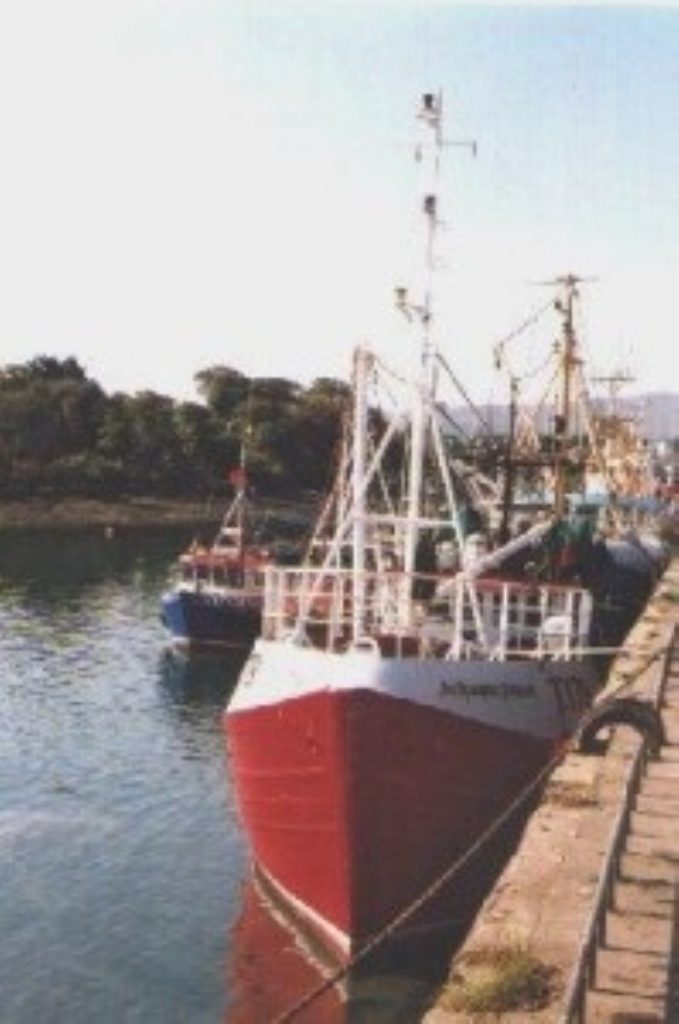IWC backs conservation plan
Japan is under mounting international pressure to acknowledge and affirm strict new conservation regulations aiming to protect endangered cetaceans (whales, dolphins and porpoises).
The IWC aims to cast its regulatory nets further afield, addressing not just the great whale species but other cetaceans as well.
Whaling nations Norway, Japan and Iceland and several Caribbean states opposed the new plan as they want to see some form of whaling go ahead.
Japanese officials protested vociferously in Berlin yesterday against the new conservation measures at the annual meeting of the International Whaling Commission (IWC) and threatened to leave the commission altogether.


Japan, which has a long history of whale eating, was chagrined to see other national counterparts vote 25 in favour of setting up a conservation panel. 20 voted against (with one abstention).
Japan officially recognises the ban on commercial whale hunting but kills hundreds each year for ‘research’ purposes.
According to estimates, 440 minke whales are killed in the Southern Ocean Sanctuary each year.
Masayuki Komatsu of the Japanese delegation said: ‘This is ridiculous, it’s out of order. I’m resentful and I’m angry.
‘The whaling convention was created for the sustainable use of abundant resources. We know there are millions of whales out there, minkes, sei and sperm whales.
‘This will prohibit access to resources one after the other. When this meeting ends Japan will seriously and deeply consider whether to leave the commission.’
Taking a slightly different tact, Fred O’Regan, president of the International Fund for Animal Welfare said: ‘Whales around the world are safer today thanks to this landmark decision.’
The Berlin Initiative’s remit aims to address issues such as entanglement in fishing nets, humane killing methods, and climate change in terms of both management and conservation.
The UK backed the Berlin Initiative along with the US, Mexico, Brazil, and Australia among others.
Ben Bradshaw, minister with the brief on fishing matters at DEFRA, said the vote meant ‘very significant progress’ had been made.
Greenpeace estimates 300,000 whales, dolphins and porpoises die due to human activities each year.
The meeting ends on June 20.











